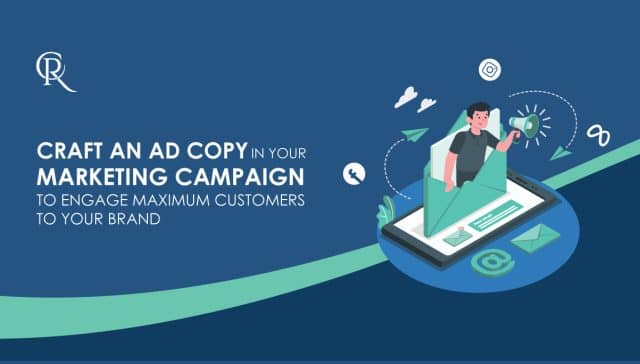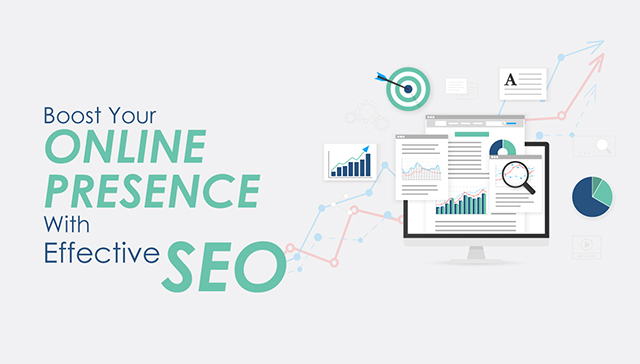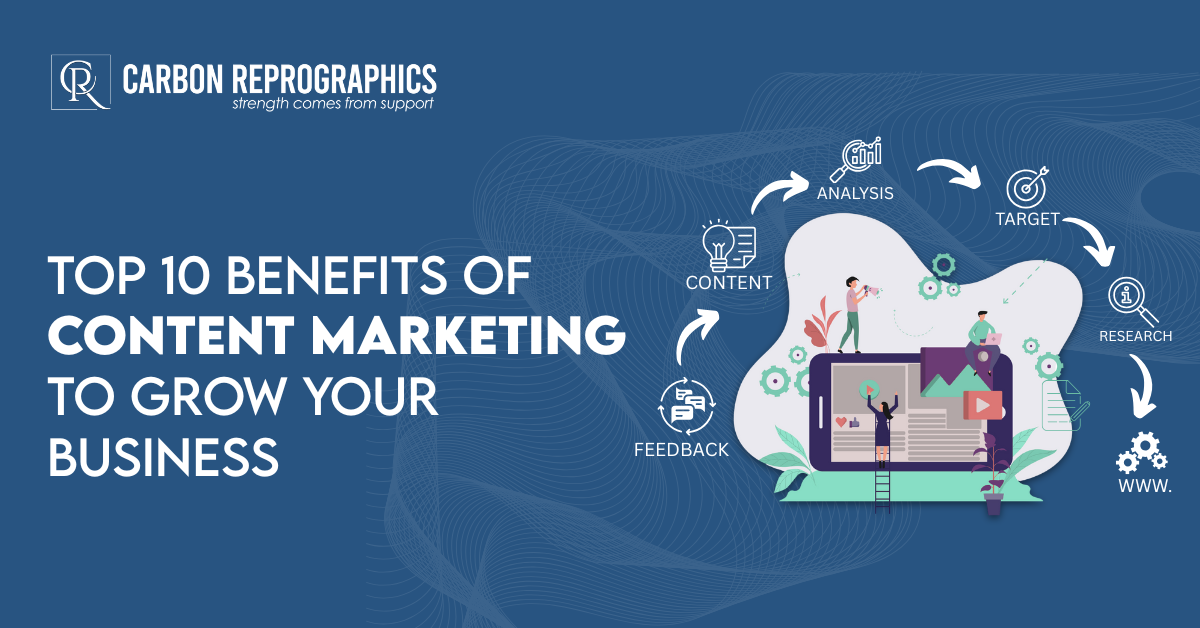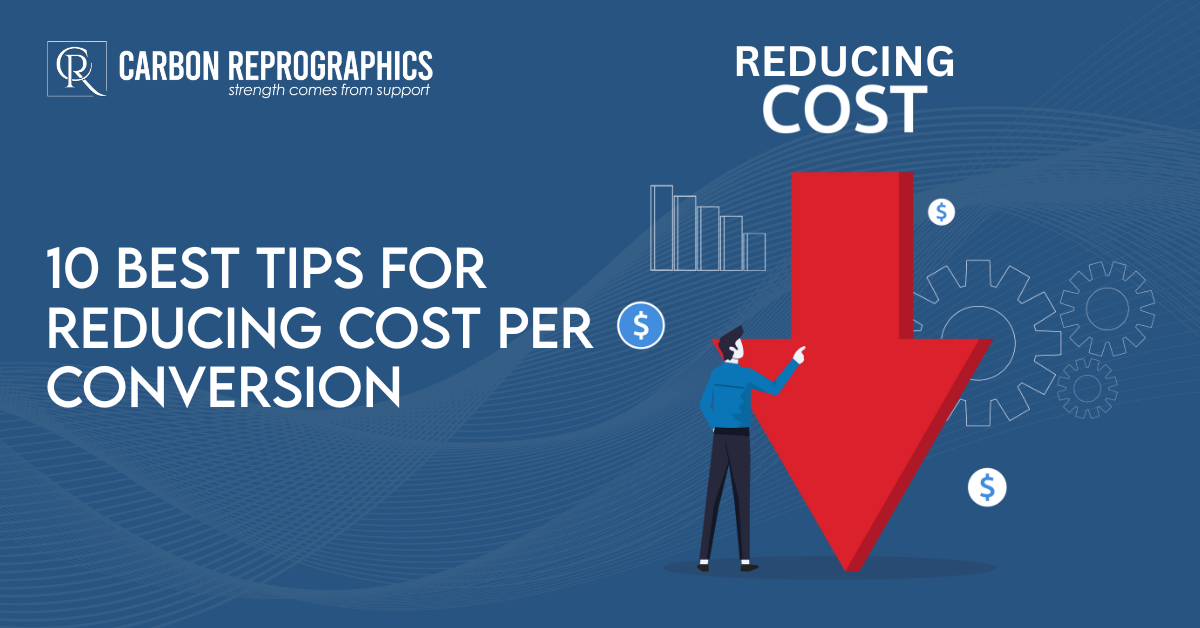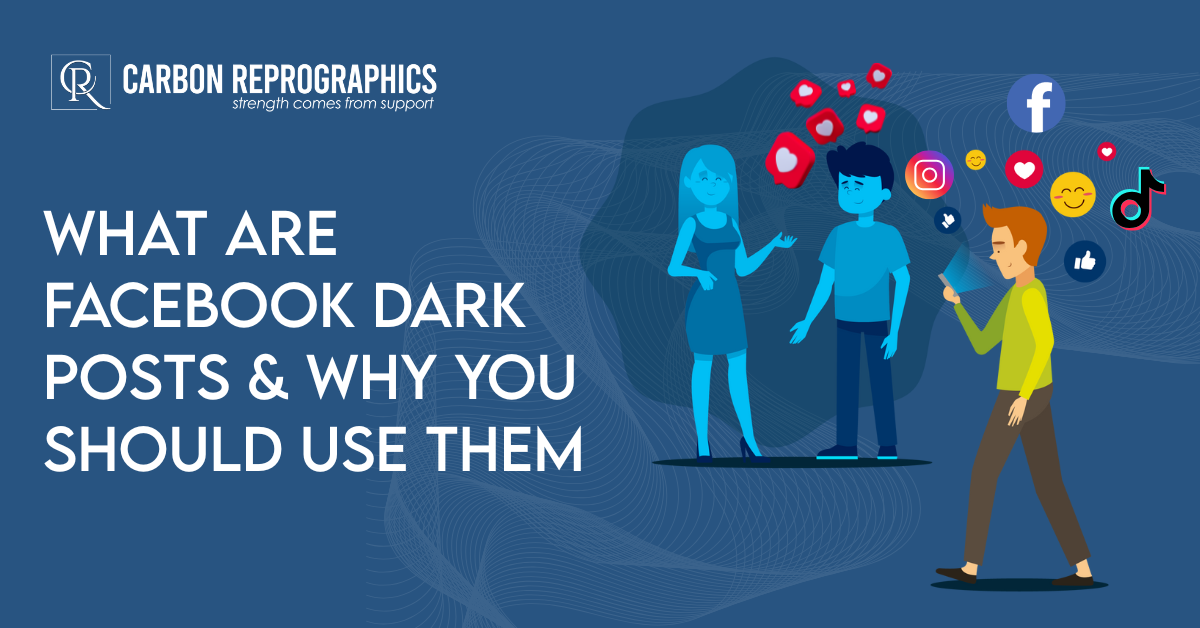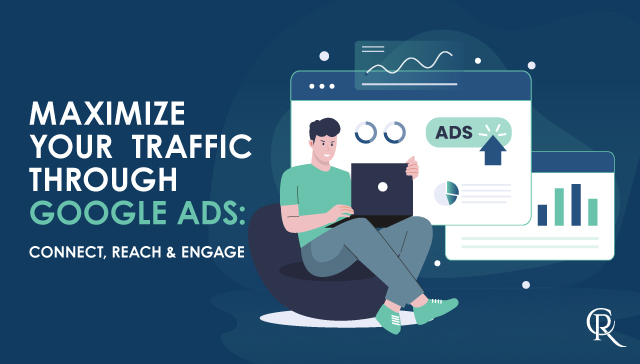
Google Ads Basics: What You Need to Get Started

Contact Us
Trending Posts

 Ultimate Guide To Writing Persuasive Ad Copy July 25, 2024
Ultimate Guide To Writing Persuasive Ad Copy July 25, 2024

 10 Tips for Reducing Cost Per Conversion in Ads June 16, 2025
10 Tips for Reducing Cost Per Conversion in Ads June 16, 2025
 10 Best Tips for Launching Your Online Business June 11, 2025
10 Best Tips for Launching Your Online Business June 11, 2025
 5 Digital Marketing Strategies For The Automotive Industry April 14, 2025
5 Digital Marketing Strategies For The Automotive Industry April 14, 2025
What is Google Ads?
Google Ads is a paid marketing platform that helps to advertise your business prosper online via online ads that ought to appear in search engines, YouTube, and other affiliated websites with Google. It is an efficient advertising technique that provides flexibility in budgeting and extensive targeting options, making it accessible and effective for both small and large businesses. It operates on the system of PPC (Pay-per-Click) which means that users only have to pay when someone clicks on their ad link. It is helpful for managing effective budget control on advertising campaigns and driving real and authentic traffic to your website.
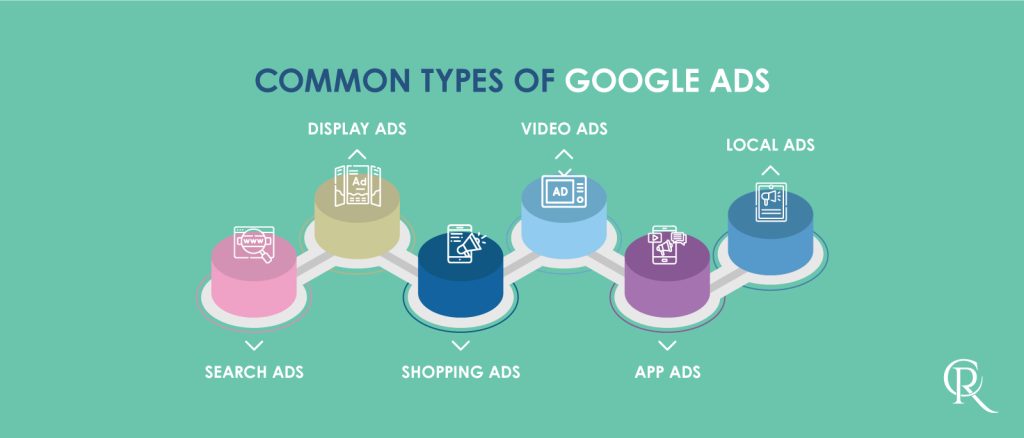
How Google Ads Work?
Google Ads, earlier known as Google Adwords, works on a bidding system where the user bids on keywords and engages quality traffic with their product, service, or site. Following is the quick start guide of how Google Leads actually work:
- Create an Account: Set up your free business account on Google Ads. The account setup is free and straightforward to use.
- Set Up Your Campaign: After setting up the account, you’ll need to choose your ad campaign which is according to your business.
- Bid on Keywords:After that, you need to determine the keywords and phrases that are most relevant to your business and set your maximum bid for each one.
- Create Compelling Ads: You should create an ad that is enticing to your targeted audience. It is done by attention-gathering ad copy, visuals, and call-to-action.
- Monitor and Optimize: To gain maximum benefit from this online advertising, you need to monitor the ad metrics and optimize the ad copy frequently
Why Should You Use Google Ads for Your Business?
Google Adwords can benefit your business in many ways; some of them are as follows:
- Immediate Results: They provide immediate visibility to your brand in the SERPs and don’t have much time to promote your business efficiently like Search Engine Optimization (SEO).
- Targeted Reach: It helps you to target your ads precisely in order to reach the right audience based on their search queries, location, demographics, interests, and more.

- Measurable Results: It facilitates you with detailed metrics and performance-evaluated data that help you measure your campaign performance. This approach will let you optimize your efforts and aid you in making data-driven decisions.
- Flexible Budgeting: It provides flexible budgeting packages to match your personal needs and pocket. Due to this, it is ideal for small businesses as well as large businesses ad campaigns.
- Competitive Advantage: Whenever a user search relevant keyword or product with your brand, then your site’s ad will show on SERPs which ultimately gives you competitive advantage.
How to Do Google Advertising?
1. Conduct Keyword Research
By conducting thorough keyword research, you can know what your targeted audience is searching on Google Search, and what they are actually looking for. You can then bid on the keywords that resonate with your potential audience. This strategic approach ensures that your ads appear in front of the right people at the ideal time, increasing the likelihood of attracting qualified traffic and achieving your campaign goals effectively.
2. Create Compelling Ad Content
By crafting ad copy, headlines, and call-to-action that are attention-grabbing, informative, and aligned with your target audience’s needs and interests. By speaking directly to their pain points and interests, you can create a compelling narrative that is relevant with customers. This not only attracts clicks but also builds trust and credibility, ultimately driving higher conversion rates and maximizing the return on your advertising investment.
3. Set Appropriate Bids And Budgets
Every keyword needs a plan for bidding and budgeting. It is done by determining the maximum bid on your keyword and plan it to set a budget on it daily/monthly. This approach will let you attain effective promotion of your brand by aligning it with your marketing goals and financial resources.
4. Optimize Landing Pages
By conducting thorough keyword research, you can know what your targeted audience is searching on Google Search, and what they are actually looking for. You can then bid on the keywords that resonate with your potential audience. This strategic approach ensures that your ads appear in front of the right people at the ideal time, increasing the likelihood of attracting qualified traffic and achieving your campaign goals effectively.
5. Monitor and Analyze Performance
Regularly review your campaign data, including impressions, clicks, conversion rates, and cost-per-acquisition, and make adjustments to improve the overall performance. By keeping an eye on these metrics, you can spot trends and identify what’s working or what needs tweaking. Making these changes helps ensure you’re getting the most bang for your buck and keeps your campaigns running smoothly and effectively.
6. Test and Iterate
Testing and iterating is another effective strategy that will helo you to maximize your reach effectively. Experiment with different ad formats, targeting options, and messaging to identify the most effective strategies for your business. Trying out new approaches can reveal surprising insights and open up fresh opportunities. Stay flexible and open to change, as this can lead to discovering what truly resonates with your audience and drives success by giving you efficient return on investment (ROI).
Factors Influencing Google Ad Campaign Performance
Several factors can affect your Google Marketing Campaign performance, both negatively and positively. Most common factors are as follows:
- Ad Relevance: Make sure your ads fit what people are actually searching for or interested in. When your ads match up well, folks are more likely to click on them.
- Bid Strategy: The amount you’re willing to pay for each click (your bid) can significantly influence your ad’s visibility and performance.
- Quality Score: Google’s Ad Quality Score is a metric that analyzes the quality and relevance of your ads, landing pages, and keyword targeting. A higher quality score is less costly and provides better ad positioning.
- Audience Targeting: Accurately identifying and targeting your ideal customer persona can help you reach the right people at the right time.

- Ad Copy and Creative: Crafting compelling ad copy, visuals, and calls-to-action can greatly impact the click-through and conversion rates of your ads.
- Landing Page Experience: The quality, speed and relevance of your landing pages can either enhance or hinder the user experience, affecting your overall campaign performance.
- Competition: The level of competition for your target keywords and audience can influence your ad costs and placement.
FAQs:
How much do Google ads cost?
The cost of Google Ads varies widely based on factors like industry, competition, and the keywords you target. Costs are determined by a bidding system where advertisers set a maximum bid they’re willing to pay per click. It can take from few dollars to thousands of dollars per month.
How to deactivate google ads?
To deactivate your Google Ads account, go to your Google Ads account, click on the Tools and Settings icon, navigate to Preferences under the Setup section, and select Account Status. From there, you can follow the prompts to deactivate your account.
How can google ads help me to advance my business goals?
Google online marketing can aid you in achieving business goals by increasing visibility, driving traffic to your website, generating leads, and boosting sales. It offers targeted advertising options, ensuring your ads reach the right audience, and provides detailed analytics to measure and optimize your campaigns.
How do Google advertising generate responsive search ads?
Google advertising campaigns generate responsive search ads by allowing advertisers to enter multiple headlines and descriptions. Google then automatically tests different combinations to determine the most effective ad variations for different search queries, optimizing performance.
Can I do Google advertising myself?
Yes, you can manage it yourself. it provides a user-friendly interface and resources like tutorials and support to help you create and manage campaigns. However, many businesses also seek professional help for more advanced strategies and management.
Are Google Ads worth it in 2024?
Yes, it remains a valuable tool in 2024 for reaching a targeted audience and driving business growth. With continued advancements in targeting and analytics, Google Ads offer a competitive advantage in digital marketing.
How often should you run Google Ads?
The frequency of running Google Ads depends on your business goals and budget. For continuous visibility and lead generation, running ads consistently is recommended. Seasonal campaigns or short-term promotions can also benefit from focused ad runs during peak times.
What is a reasonable budget for Google Ads Campaign?
A reasonable budget for Google Ads Campaign varies by business size and industry. Small businesses might start with a few hundred dollars per month, while larger businesses may allocate thousands. It’s important to start with a budget that allows for testing and optimization before scaling up.
How much should a small business spend on Google Ads?
Small businesses should consider spending 5-10% of their revenue on marketing, with a portion allocated to Google Ads.
Key Takeaways
- Google Ads is a strong platform that help all sizes businesses to market their products effectively.
- Google advertisements provide maximum targeted audience by consuming less time as well as pocket-friendly packages.
- Google advertisements techniques involve conducting a thorough keywords research, creating a compelling ad copy, setting ideal bids and budgets, monitoring and analyzing ad campaigns, optimizing landing pages, and experimenting with ads to obtain effective ad strategies.


